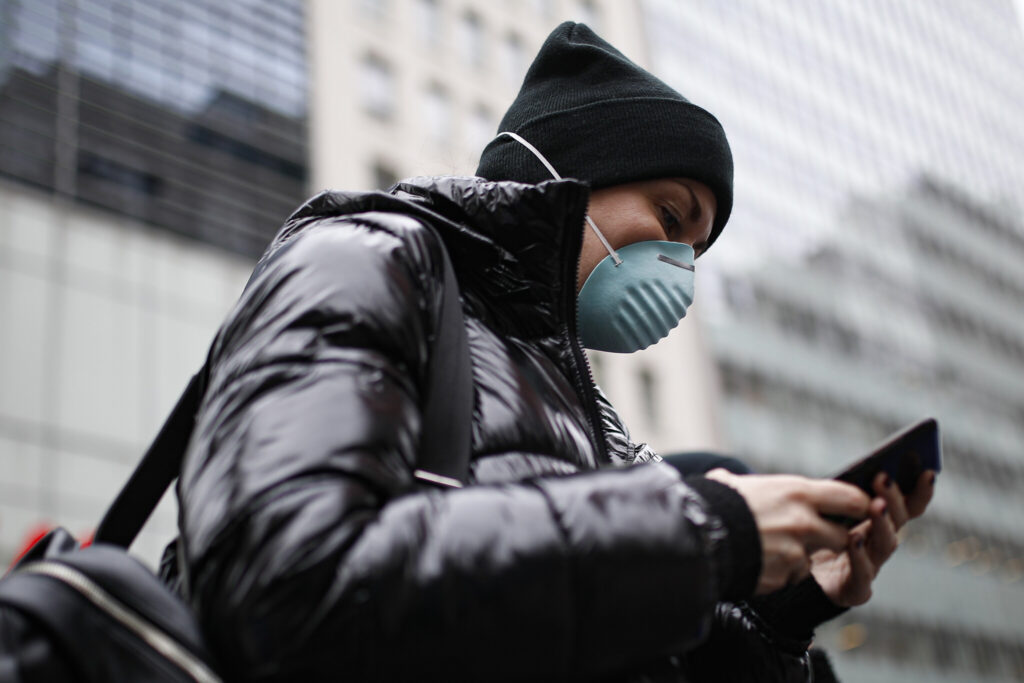As the world goes digital during the pandemic, videos are being used by businesses more than ever before. Subtitling makes your videos digestible and increases their views. Kemet Consulting Group offers media subtitling services to improve your business during the pandemic.

Our Media Subtitling Services
Since the covid-19 pandemic, especially after governments implemented quarantine and social distancing measures, the world hasn’t been the same. More and more businesses have shifted towards digitalization and CEOs are using videos for multiple purposes more than ever before. KCG proudly provides media translation and subtitling services so that you can effectively use videos to deliver any kind of content to your clients and employees.
Media Subtitling for Schools and Universities
School and university students have become more and more dependent on educational videos during the pandemic. Subtitled videos are great tools for school and university staff to deliver educational content to their students remotely ensuring their satisfaction.
Media Subtitling for Health Information
Due to the covid-19 pandemic, the medical staff needs to update people on the virus regularly; how to prevent contamination? What are the best safety measures? What kind of treatment is best? KCG provides subtitling services for videos from healthcare professionals around the world to ensure as much access as possible to the latest health information.
Media subtitling for Entertainment
The entertainment industry has been majorly affected by the pandemic. Cinemas and theatres turned to streaming and the need for subtitling for videos has increased to enhance the user experience and expand audience reach.
Media Subtitling for Health Information
Whether you need to communicate with your employees or your clients or raise awareness for your brand digitally during the pandemic, KCG can subtitle your videos to ensure your content is delivered with as much clarity as possible to an international audience. Contact us today to get a quote.

